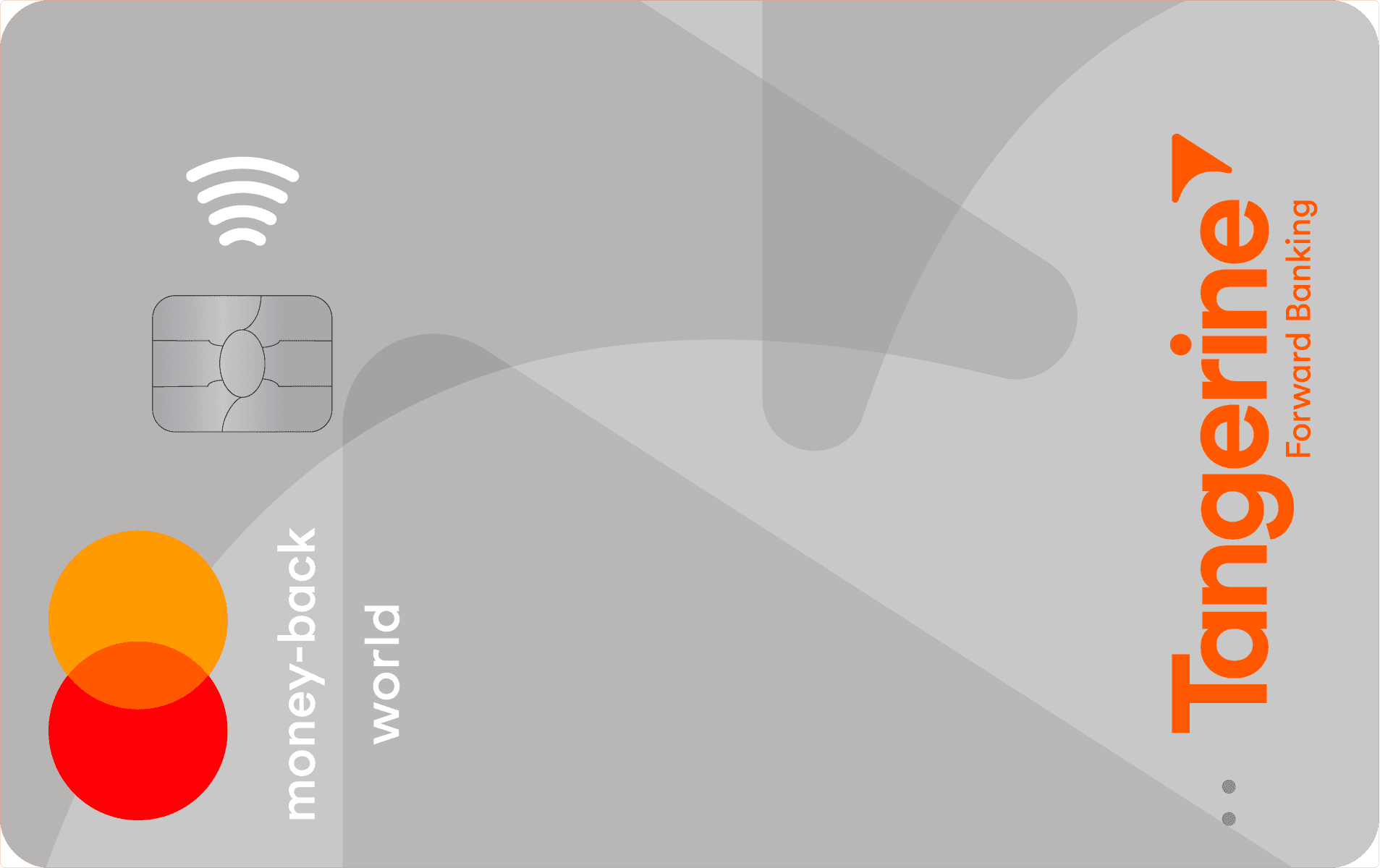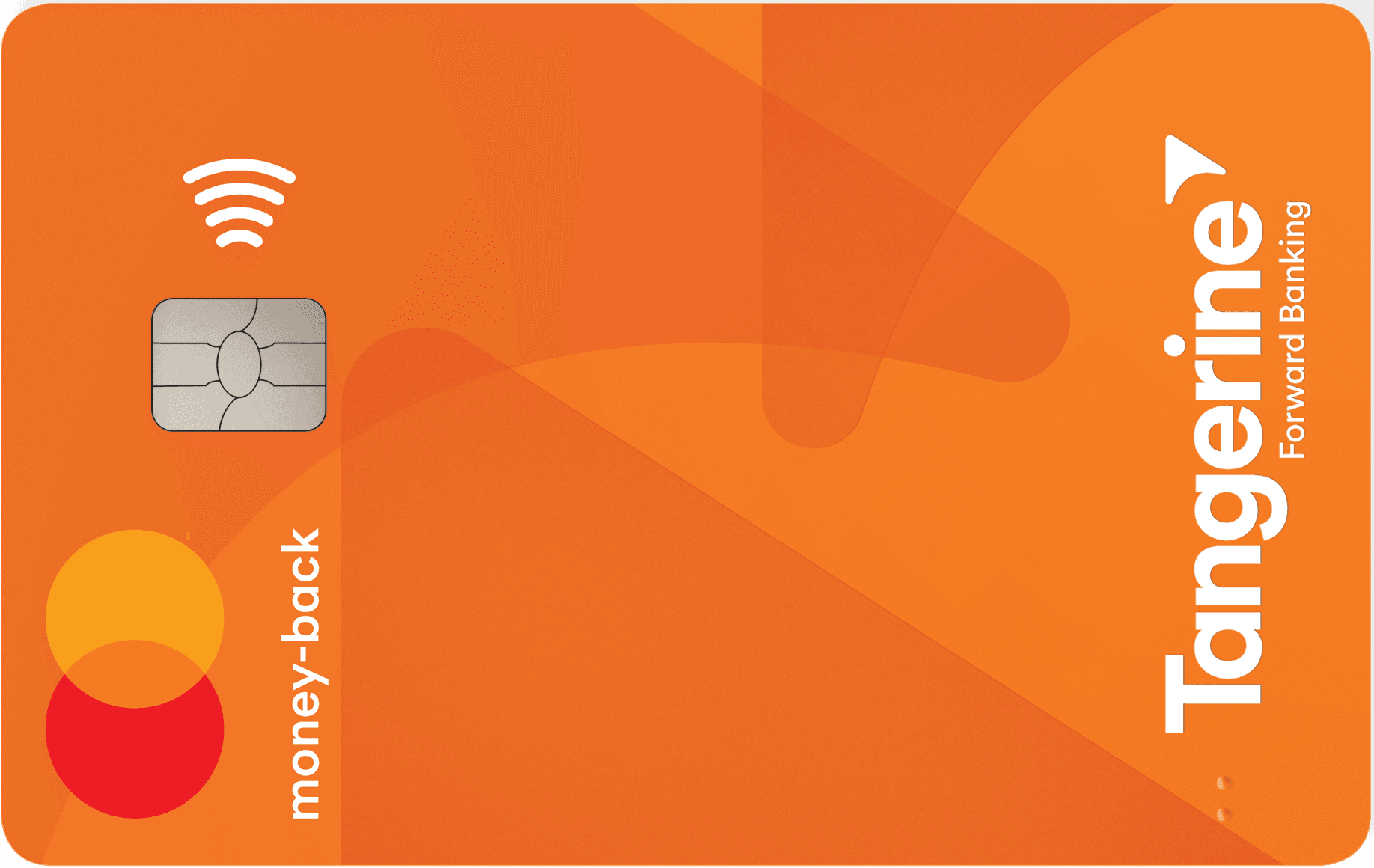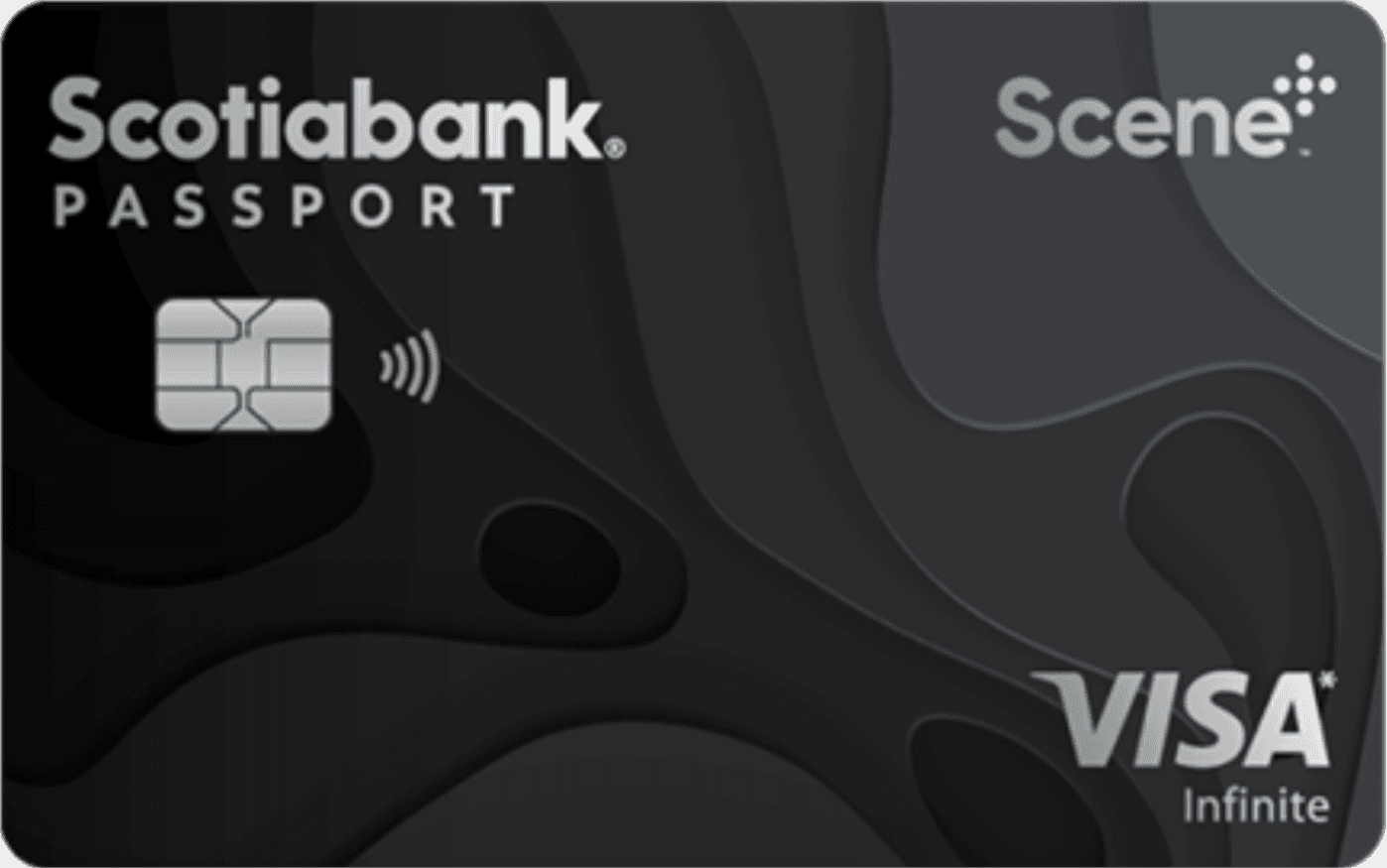Working hard in the background...
Paying Your Credit Card Bill in Canada: A Complete Guide
Published Nov 5, 2025 1:23 PM • 5 min read
You always pay your bills on time and have a sense of pride about it. But one month, you notice your credit card statement has unexpected interest charges. So, what happened? These charges usually come down to how and when you’re paying your credit card bill.
In this article, I’ll explain the best practices for paying your bill, including how and when to pay it. I will also touch on how to avoid fees and other interest charges.
Review Your Credit Card Statement
Before you think about how to pay your credit card bill, it is helpful to know what exactly you’re paying. Your monthly statement is more than just a list of transactions. It actually represents your financial obligations for that credit card billing cycle. Missing just a small detail can lead to unnecessary fees or interest charges.
For example, many Canadians think that by making the minimum payment, they remain in good standing. But that isn’t completely true. While you will not be subject to a late payment fee, you still need to pay interest on the remaining balance. Credit card interest charges will accumulate on the average daily balance following the end of the grace period. If you decide to pay the full statement balance, then you can avoid interest charges altogether, saving you money and helping to improve your credit score.
Your statement also shows key dates, including the billing cycle closing date and the payment due date:
- Closing date: This date represents the end of your billing cycle and the last day that transactions will appear on this month’s statement.
- Payment due date: The last day when you can pay the minimum amount (or, ideally, more) to avoid late fees.
In Canada, issuers must give you a minimum of 21 days as a grace period between the closing date and the due date. This is when you can pay off your statement balance without incurring interest.
For more details on reading your credit card statement, check out FinlyWealth’s post.
Ways to Pay Your Credit Card Bill in Canada
As a Canadian, you have many options for how to pay your credit card bill. Whether you prefer the convenience of online banking or the traditional approach of paying in-branch, the method you choose can affect how quickly the payment gets applied to your account. And timing matters.
Each method has its own pros and cons, from speed and security to cost. Knowing the difference between payment types can help you pick the best option for your situation.
Online banking or mobile app
Perhaps unsurprisingly, this is the most popular way to make credit card payments. By making a payment from your chequing account, you can direct funds from the account to apply to your credit card balance.
With online and mobile, you have a fast, trackable payment option as many issuers process the transaction on the same or next business day. Just be aware of cutoff times. A late-evening payment, for example, may get posted on the next business day. This can make you vulnerable to late payment fees if you’re not careful.
Pre-authorized payments
In Canada, you can authorize your bank to automatically pay either the full statement balance or the minimum amount each month. The benefit of this option is that you won’t forget to process the payment manually. The drawback? Your chequing account could end up in overdraft if you have not been monitoring the balance.
In branch payments
If you prefer in-person service, you can head to your bank branch and have a staff member process the payment for you. This option is reliable, but, depending on the time of your visit, it could take one to three business days for the payment to reflect in your account.
Mailing a cheque
Though it is a bit of an old-fashioned option, you can still pay your bill via mail. It is, however, the slowest option. And it also opens you up to the additional risk of a stolen cheque or slow processing by the bank. If you choose this option, I recommend posting the cheque several business days ahead of the due date.
Which option should you use? It depends on both your bank’s processing time and personal preference. Also consider the risk associated with each credit card payment type.
When To Pay Your Credit Card Bill
No matter which payment method you choose, the timing of your payment matters. A payment that you think is “on time” may still count as “late” if you don’t allow for enough processing time. Of course, overdue payments trigger the dreaded late fees and interest charges.
According to the Financial Consumer Agency of Canada, “the payment method you choose can affect how quickly the issuer processes it and the date they consider it paid. The time to process your payment will also vary depending on your financial institution.” Most banks take one to three business days to process a payment, especially an online payment. This means that waiting until the last minute can lead to late fees or interest charges. To avoid the stress and additional cost, pay before the due date. Ideally, well before it.
Early payments can help to lower your credit utilization ratio and, in turn, boost your credit score. They will also reduce the risk of extra charges or missing your payment altogether. To stay on top of the balance on your credit card, consider making multiple (smaller) payments throughout the month.
How to Avoid Interest and Fees on Your Credit Card
The best way to avoid paying interest or additional fees on your credit card balance is to pay it in full each month. Carrying a balance, even “just this one time,” can lead to interest charges that quickly add up.
Equally important is making these payments on time. In order to do so, be mindful of payment processing times. Note weekends and holidays where processing may stall and potentially push your payment past the due date. To make this easier, set a reminder on your phone to make the payment. Or, even align it with your pay date. By consistently making your payment a few days in advance, you can save yourself the stress associated with these delays.
Another way to cut down on fees is to steer clear of cash advances from your credit card. This transaction type doesn’t qualify for a grace period, which means interest starts accruing immediately. It also comes with additional cash advance and ATM operator fees. If you need emergency funding, it is typically better to turn to a line of credit, which offers lower interest rates and fewer fees.
Need a credit card with low to no interest fees? Read More: Best Low Interest Credit Cards in Canada, Best No Interest Credit Cards in Canada
Conclusion
Paying your credit card bill isn’t just about avoiding interest and fees. It’s also a tool that can help you boost your credit score and, in turn, your long-term financial health. With the right timing and payment method, you can stay debt-free while avoiding interest charges and other credit card fees.
Whenever possible, pay your statement balance in full and on time. Or, better yet, early.
Frequently Asked Questions
If you only make the minimum credit card payment, your account will remain in good standing. That said, you will see interest begin to accrue on the unpaid balance. Over time, you will end up paying significantly more for each purchase because of these interest charges. It can also drag down your credit score. To avoid the negative consequences, pay more than the minimum whenever possible.
Processing times vary based on the financial institution and the payment method. Online payments typically post within one business day, while in-branch payments can take one to three days. Mailed cheques have the slowest processing times and can take a week or more.
Whatever payment method you choose, allow extra time for weekends and holidays.
Yes! It is possible to make your credit card payment at any time. You can even pay it before your statement arrives. In many cases, early payments can help boost your credit score by lowering your credit utilization ratio and reducing the risk of missing the due date.
Missing a payment can trigger late fees and impact your credit score. As soon as you realize you are late, make the payment immediately. Then, contact your issuer. They may waive the fee if you have a consistent track record of on-time payments.
Trending Offers

Tangerine® Money-Back World Mastercard®*

Tangerine Money-Back Mastercard

BMO Performance Chequing Account

Scotiabank Passport® Visa Infinite* Card
About the author

Lauren Brown
Editor
Lauren is a freelance copywriter with over a decade of experience in wealth management and financial planning. She has a Bachelor of Business Administration degree in finance and is a CFA charterholde...
SEE FULL BIOAbout the editor

Faith Ogunkanmi
Editor
Faith is a seasoned finance professional with over six years of experience specializing in credit analysis, financial risk assessment, and business/personal lending. My background includes extensive w...
SEE FULL BIO